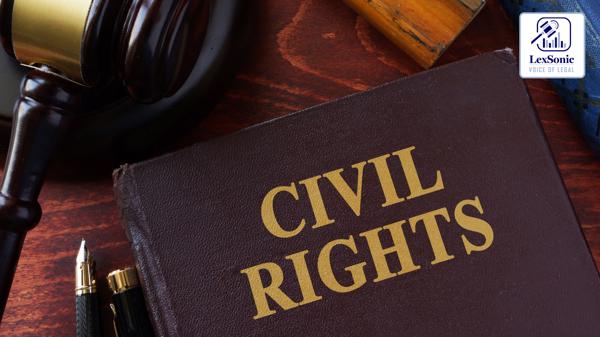Navigating the Complexities of Caste Certification: A Legal Analysis of Changing Caste Claims.
28 November 2024
Civil Appeals >> Civil & Consumer Law | Civil Rights >> Civil & Consumer Law
The legal battle in the matter of Rajaram Raghunath Koli Vs The State of Maharashtra, Thr. Its Secretary, Tribal Department, Mumbai & Others surrounding caste certificate claims continues to raise significant issues of procedure, entitlement, and legal rights. A recent case, where a petitioner sought the issuance of a caste certificate for “Malhar Koli” from the authorities, highlights the complexities of caste validation processes, as well as the implications of already holding a valid caste certificate. The case also underscores the importance of adhering to prescribed procedures under relevant laws and regulations.
Case Background:
In this case, the petitioner initially applied for a caste certificate under the Koli Mahadev Scheduled Tribe category but was rejected by the second respondent committee. Following this, he applied for a caste certificate under the Special Backward Class (SBC) category. The petitioner received a Koli SBC certificate on March 29, 2011, after a thorough examination of his claim by the competent authorities.

The petitioner later researched his family background and claimed that his ancestral roots were tied to the Panbhare Koli sub-caste, which is under the Koli Malhar category. He then sought to amend his caste status by applying for a certificate under the Panbhare Koli (SBC) category. However, this request was rejected by the authorities, and his subsequent appeal was also denied.
The Legal Standpoint:
The petitioner challenged the denial of his caste certificate by filing a writ petition in court. His primary arguments were twofold. First, he contended that the authorities had no legal basis to reject his claim for a Malhar Koli certificate. Second, he argued that if the authorities had doubts about his claim, they should have conducted a further inquiry, as prescribed by the relevant rules.
The petitioner cited Rule 3(3)(b) and Rule 4(4, 6, and 9) of The Maharashtra Scheduled Tribes (Regulation of Issuance and Verification of) Certificate Rules, 2003. These rules outline the procedures for issuing caste certificates, including verification of documents and the conduct of inquiries if the authorities are not satisfied with the evidence provided.
The Court’s Ruling:
The court, after hearing both sides, took the view that the petitioner’s request to change his caste status after already receiving a valid certificate was problematic. It was highlighted that once the petitioner had been granted a valid certificate under the Koli (SBC) category, his claim to that caste was legally recognized. The court referenced a recent Supreme Court decision in Maharashtra Adiwasi Thakur Jamat Swarakshan Samiti vs. The State of Maharashtra, which affirmed that once a person’s caste is validated through an official process, they are precluded from claiming a different caste certificate unless there is a genuine, legal reason to do so.
The court ruled that the petitioner could not retain his existing certificate and simultaneously seek a new certificate under a different category based on personal research. It was emphasized that the procedure outlined in the 2000 Act and the 2003 Rules must be followed meticulously to ensure the sanctity of caste certifications.
Significance of the Decision:
This case highlights the complexities involved in the caste certification process, particularly in instances where an individual has already received a certificate under one category but wishes to change it based on new information or personal research. The court made it clear that a caste certificate once issued, particularly one backed by a Validity Certificate, carries the force of law and cannot be easily altered or disputed without a valid legal basis.
The decision also sheds light on the importance of following the prescribed procedures for caste certification. While the petitioner raised a procedural issue regarding the lack of an inquiry before the rejection of his application, the court found that no further inquiry was warranted, given that the petitioner was already bound by the Validity Certificate issued under the Koli (SBC) category.
Conclusion:
The legal process surrounding caste certificate claims in India is governed by strict rules and regulations, as outlined in the Maharashtra Scheduled Tribes Act and Rules. Once a caste certificate has been issued, it carries significant legal weight and cannot be changed unless specific criteria are met. This case serves as an important reminder that individuals seeking caste certifications must be clear about their claims and adhere to the necessary procedures. Furthermore, it reaffirms the importance of respecting the statutory validity of previously issued certificates and the legal consequences of attempting to claim multiple caste identities simultaneously.
This judgment reinforces the principle that the validity of a caste certificate, once issued, holds the force of law, and procedural integrity is paramount in caste certification processes.
